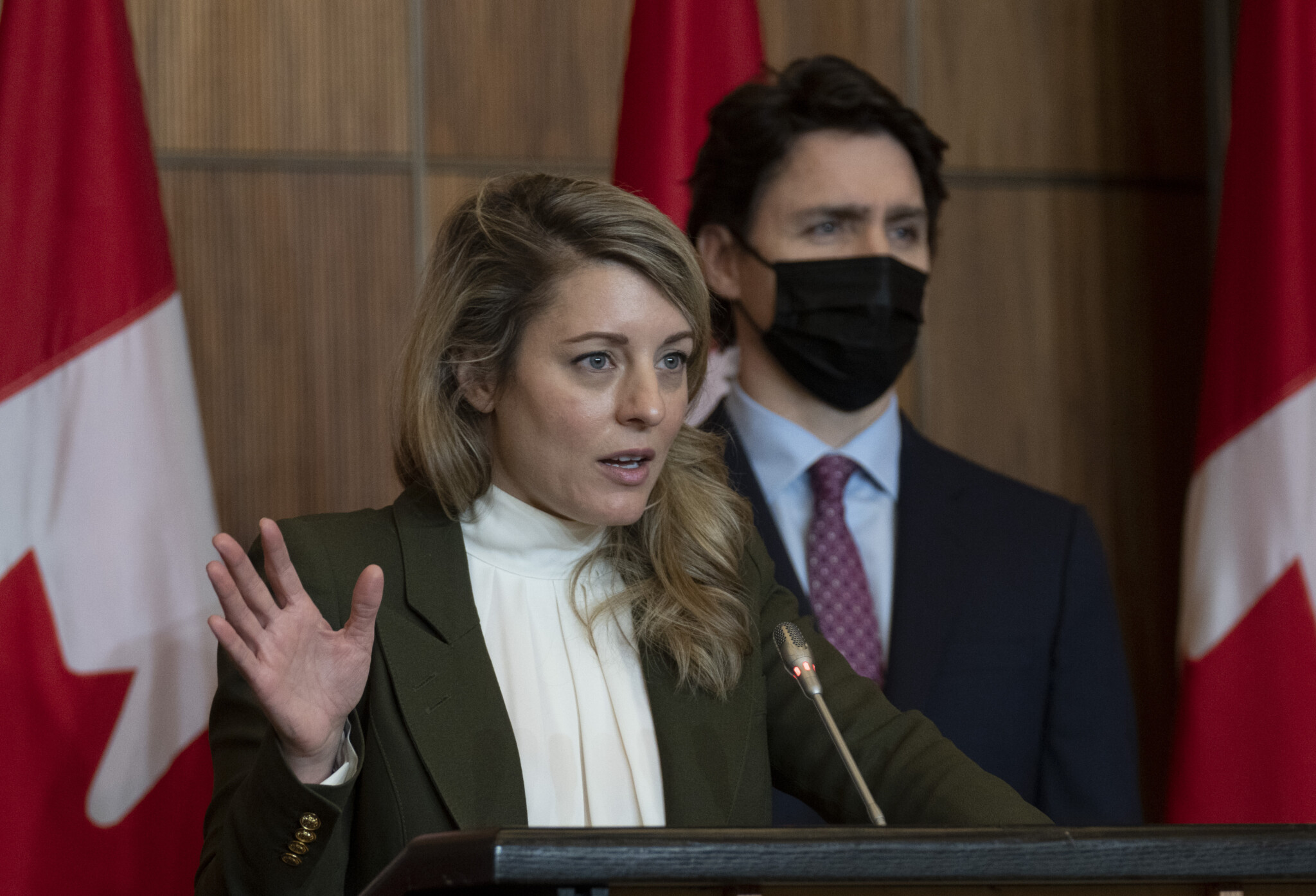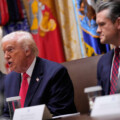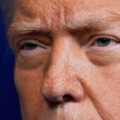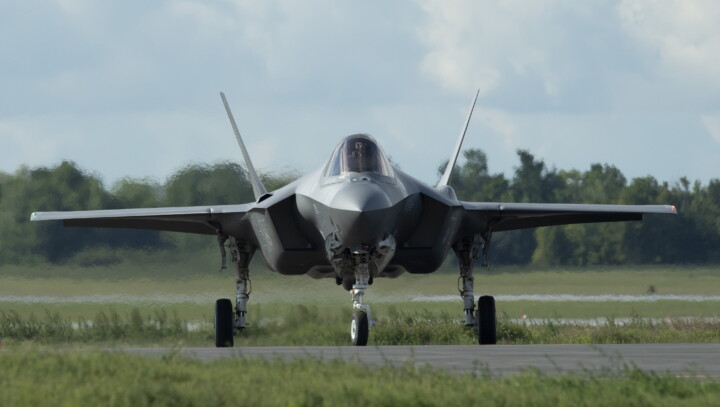Foreign Minister Mélanie Joly’s visit to Beijing last week was built around an understanding of China that’s at least a decade out of date.
The minister and more than a few media analysts lauded the opportunity (the first by a Canadian foreign minister in almost seven years) for “dialogue” with China’s leadership. But dialogue involves a conversation, a shared approach to illuminate or resolve an issue. It’s what happens when senior officials from normal countries meet. But China hasn’t been a normal country since Xi Jinping ascended to paramount leadership in 2013. Xi’s China doesn’t do dialogue.
In addition to restoring the primacy of the Chinese Communist Party, which had been reduced in scope under Deng Xiaoping’s reforms, Xi has also restored the primacy of the Party’s general secretary — himself. In today’s top-down China, Xi, who is also China’s president, has the last and only word. He has overseen a formidable military build-up, aggressive foreign interference, massive human rights abuses against Uyghurs, Tibetans and human rights advocates, and increasingly direct support for Vladimir Putin’s invasion of Ukraine.
For some time now, countries like Canada have been feeling the nasty bite of Xi’s global ambitions. In the recent past, this has included the cruel seizure and imprisonment of Michael Kovrig and Michael Spavor, increasingly sophisticated political interference, and the aggressive harassment, in Canada, of Uyghurs, Tibetans and others who have fled China to make a new life in our country.
China almost certainly saw the visit in historical terms, as the deference shown to the ruler in Beijing by the emissary of a smaller state. And in this particular case such deference will be understood, unhelpfully, as Canada being invited to apologise face-to-face for daring to complain about China’s behaviour.
So, what, exactly, did we achieve? Minister Joly referenced the importance of dialogue on climate change, a hardy perennial among excuses for travelling to China. China is well aware of its status as the world’s largest CO2 emitter, but it will not act until the cost of inaction, in terms of its economy or public discontent, is greater than the cost of reducing Beijing’s heavy dependence on coal-fired power generation.
Minister Joly also talked about encouraging “personnel and cultural exchanges,” which is odd at a time when China is ramping up arrests of foreign businesspeople, and as in-bound tourism to China is understandably collapsing. Canada’s own official travel advisory calls, appropriately enough, for travellers to “Exercise a high degree of caution.” Surely the government should follow its own advice. The minister and her Chinese counterpart also reportedly discussed stopping flows of deadly fentanyl and fentanyl precursors to Canada. What’s deeply disturbing about this is not simply that China has been notably slow to act, but that according to the House Select Committee on China of the U.S. Congress, China is complicit in fueling the crisis by providing tax rebates for the manufacture of precursors — as long as they are not sold in China.
This gets to the heart of what’s so wrong about the minister’s recent visit to China. We’re being asked to regard a relationship as normal when it is now grossly abnormal. We cannot simply move on from Beijing’s latest outrages with a handshake and a needy smile.








